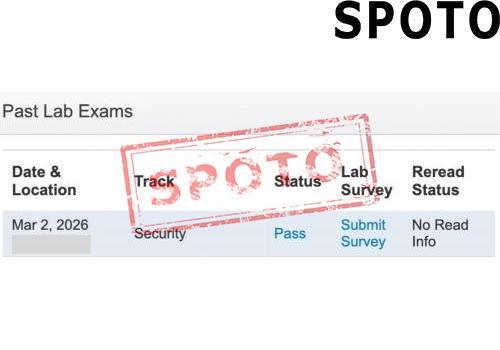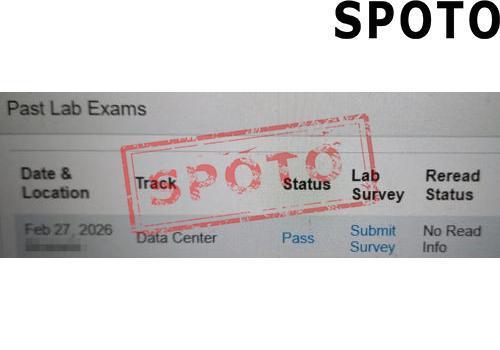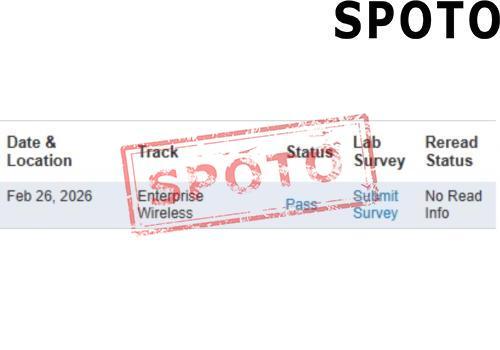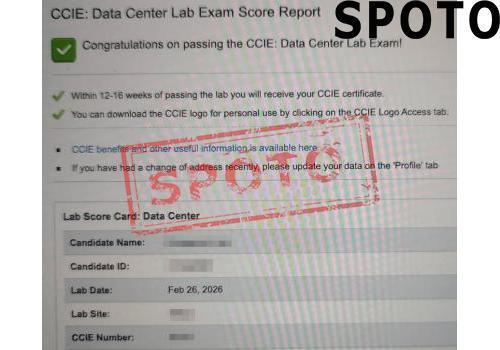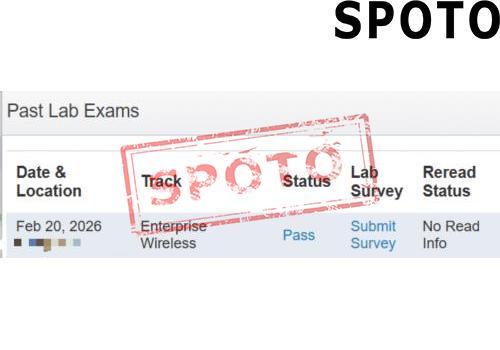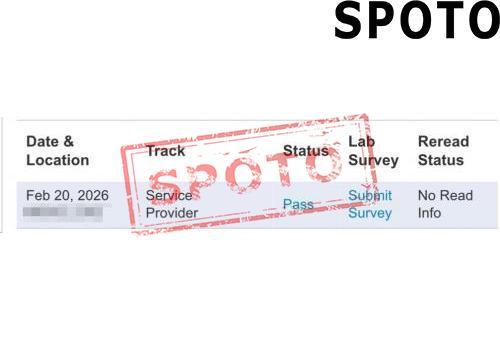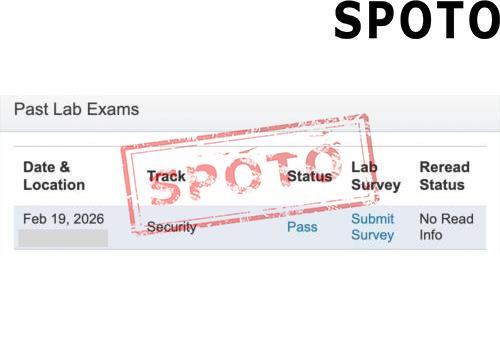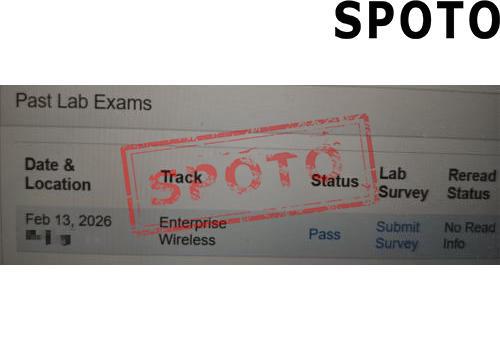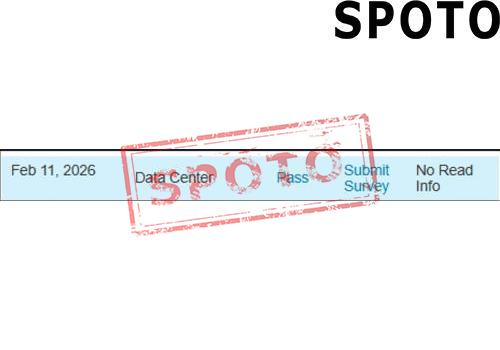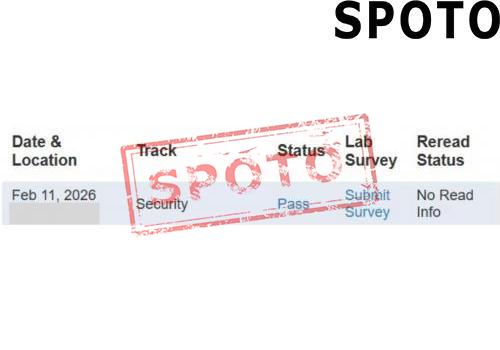
Table of Contents
- Mastery of CCNA and CCNP Content:
- Lab before you begin:
- Beginning of studies - dedication:
- Extensive Hands-On Experience:
- Eagerness to Dig Deeper:
- Strong Problem-Solving Skills:
- Effective Time Management:
- Embracing Continuous Learning:
- Setting Realistic Expectations:
- Supportive Network
- Confidence in Your Abilities:
- Commitment to Excellence:
- Algorithm for preparation:
Becoming a Cisco Certified Internetwork Expert (CCIE) is a significant milestone in the networking world. It's a testament to your expertise, dedication, and commitment to mastering the complexities of networking technology. However, the journey to becoming a CCIE gets not to get taken lightly. It requires extensive knowledge, hands-on experience, and a deep understanding of networking principles. So, how do you know if you're truly ready to embark on the CCIE journey? Here, we'll explore the signs that indicate you're prepared to take on the challenge of becoming a CCIE.
Mastery of CCNA and CCNP Content:
Before considering the CCIE, you should have already gained proficiency in the content covered by the Cisco Certified Network Associate (CCNA) and Cisco Certified Network Professional (CCNP) certifications. The CCIE builds upon the knowledge acquired in these certifications. If you find yourself comfortably navigating CCNA and CCNP-level material, it's a positive sign that you're ready to take your expertise to the next level.
Lab before you begin:
Beginning with the first class, you must have access to the lab tools. To become familiar with technologies, commands, and command outputs, you will perform several labs throughout the preparation process, even for the written test. Without access to the lab, it's possible that you won't pass the written test either, as we suggest you locate the lab as soon as possible to save yourself time and anxiety. Separate postings will get written to explain the possibilities for lab practice and lab construction.
Beginning of studies - dedication:
About CCIE preparation, you must commit. With your friends, family, or by yourself, you can succeed. If you make a promise to yourself, it depends on your dedication to yourself and your relationships with others. You will occasionally attempt to withdraw from the race since the preparation procedure is so drawn-out and challenging. Your constant success will get aided by your commitment to not giving up.
Extensive Hands-On Experience:
The CCIE certification is known for its rigorous practical exams that require real-world networking skills. If you have spent considerable time configuring, troubleshooting, and maintaining complex networking setups, you were equipped to tackle the practical challenges presented by the CCIE exams. Practical experience is invaluable, as it hones your troubleshooting abilities and helps you understand the nuances of network behavior.
Eagerness to Dig Deeper:
The CCIE certification demands a deep understanding of networking protocols, technologies, and best practices. If you were eager to dive deep into networking concepts and have a genuine curiosity about how things work under the hood, thus you're demonstrating the mindset needed to succeed as a CCIE. A hunger for knowledge and a thirst to explore intricate details gets signs you're on the right path.
Strong Problem-Solving Skills:
Networking can be complex and challenging, requiring logical thinking and adept problem-solving. If you're someone who relishes unraveling intricate network issues and enjoys the process of troubleshooting, you possess a critical skill that CCIE candidates must have. The CCIE exams got designed to test your ability to analyze and solve complex network problems, making strong problem-solving skills a must-have.
Effective Time Management:
Preparing for the CCIE is not a sprint; it's a marathon. It requires a significant time investment, both in studying and hands-on practice. If you effectively manage your time, allocate regular study periods, and consistently dedicate time to practical labs and scenarios, thus you demonstrate discipline and commitment. These traits are crucial for success in the CCIE journey.
Embracing Continuous Learning:
The networking field is evolving, with new technologies and best practices emerging regularly. If you're excited about learning and adapting to the latest advancements in networking, you're showing the adaptability required for a CCIE. CCIEs need to stay updated to maintain their certification, and a willingness to engage in continuous learning gets an indicator of your readiness.
Setting Realistic Expectations:
Becoming a CCIE is a significant undertaking that requires effort and persistence. If you set realistic expectations for your journey and understand that success won't come overnight, you're mentally prepared for the challenges ahead. While aiming high is commendable, having a pragmatic approach will keep you motivated and focused throughout the process.
Supportive Network
A supportive network of peers, mentors, and colleagues who can provide guidance, share experiences, and offer assistance can significantly enhance your CCIE journey. If you have access to a network of professionals who can provide insights and advice, you'll get better equipped to navigate the complexities of the certification process.
Confidence in Your Abilities:
While a grade of nervousness gets expected, having confidence in your networking skills and your ability to grasp complex concepts is crucial. If you believe in your capabilities and have seen your progress through practice exams, hands-on labs, and study sessions, you're well on your way to being ready for the CCIE.
Commitment to Excellence:
The CCIE is the pinnacle of networking certifications, and achieving it requires a commitment to excellence. If you're determined to excel, not just to pass the exams, but to truly understand the material and become a proficient network expert, you're demonstrating the dedication needed to become a CCIE.
Algorithm for preparation:
The exam's instructions should get followed. You must consult a variety of sources since no one book addresses every topic. We recommend that you follow the procedure that we used and that produces excellent results to keep your mind as complete as possible and prepared for the exam:
- You review educational resources (books, reports, videos, etc.) and take notes while adhering to the guidelines for the written test for your CCIE track.
- You create technical laboratories (not at scale) to examine the network technologies' designs and use cases in greater depth.
- To review the themes, you read the readings once again.
- Your written test gets scheduled.
- The written test has got completed.
- You rebuild every technical lab to update the setup of various technologies.
- You can carry out full-scale troubleshooting labs forward.
- You quickly revise the theory using your notes or videos under the lab schedule for your CCIE track.
- Your lab exam gets scheduled.
- You once more create troubleshooting and full-scale laboratories.
- The lab exam has got completed.
It typically takes one year to study for and pass both the written and lab exams, depending on your prior experience and free time. Studying theory and practice at the same time is the fundamental guideline in this situation. You can gain a thorough understanding of the technology and find answers with the aid of such a mixture.
